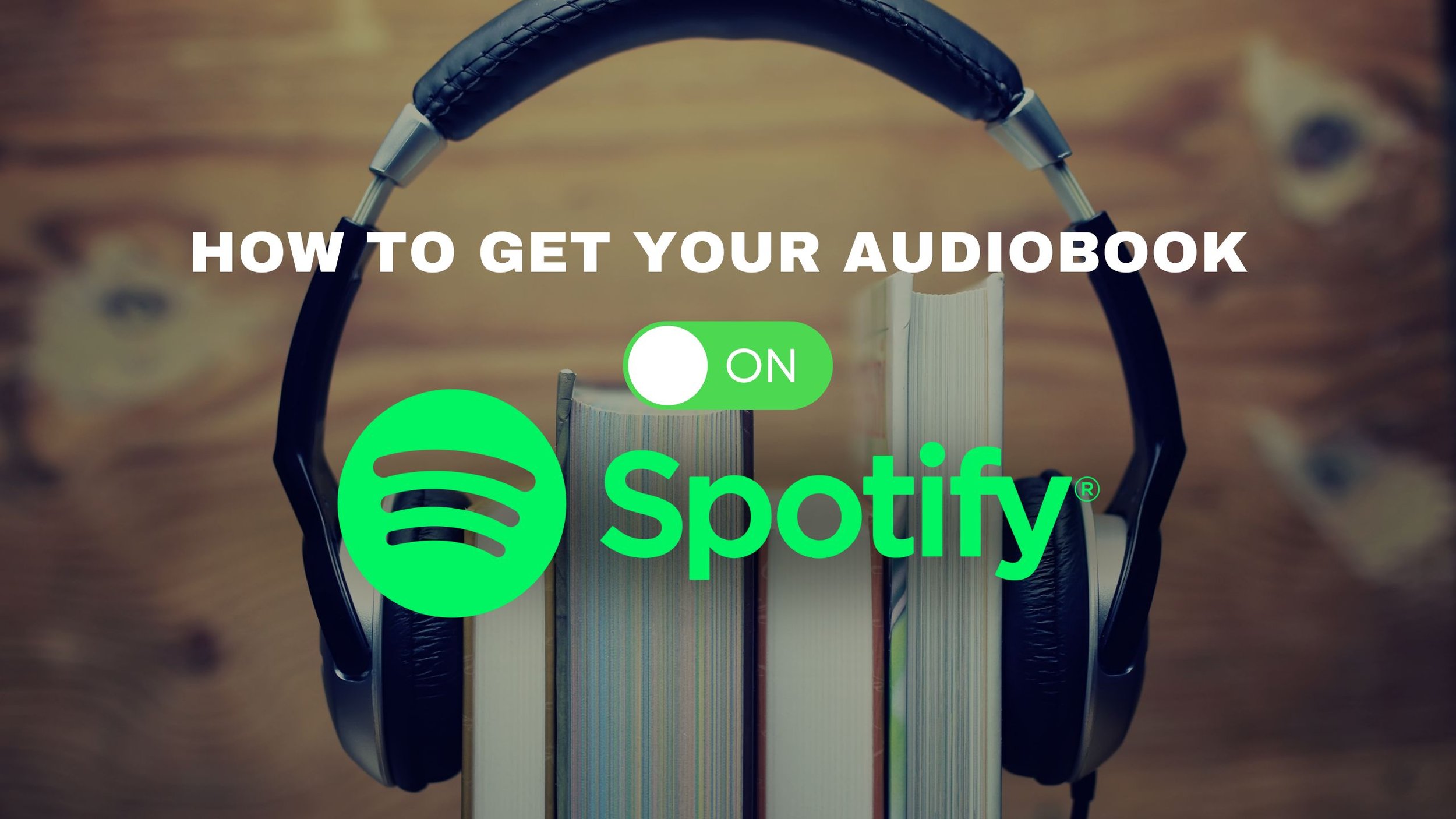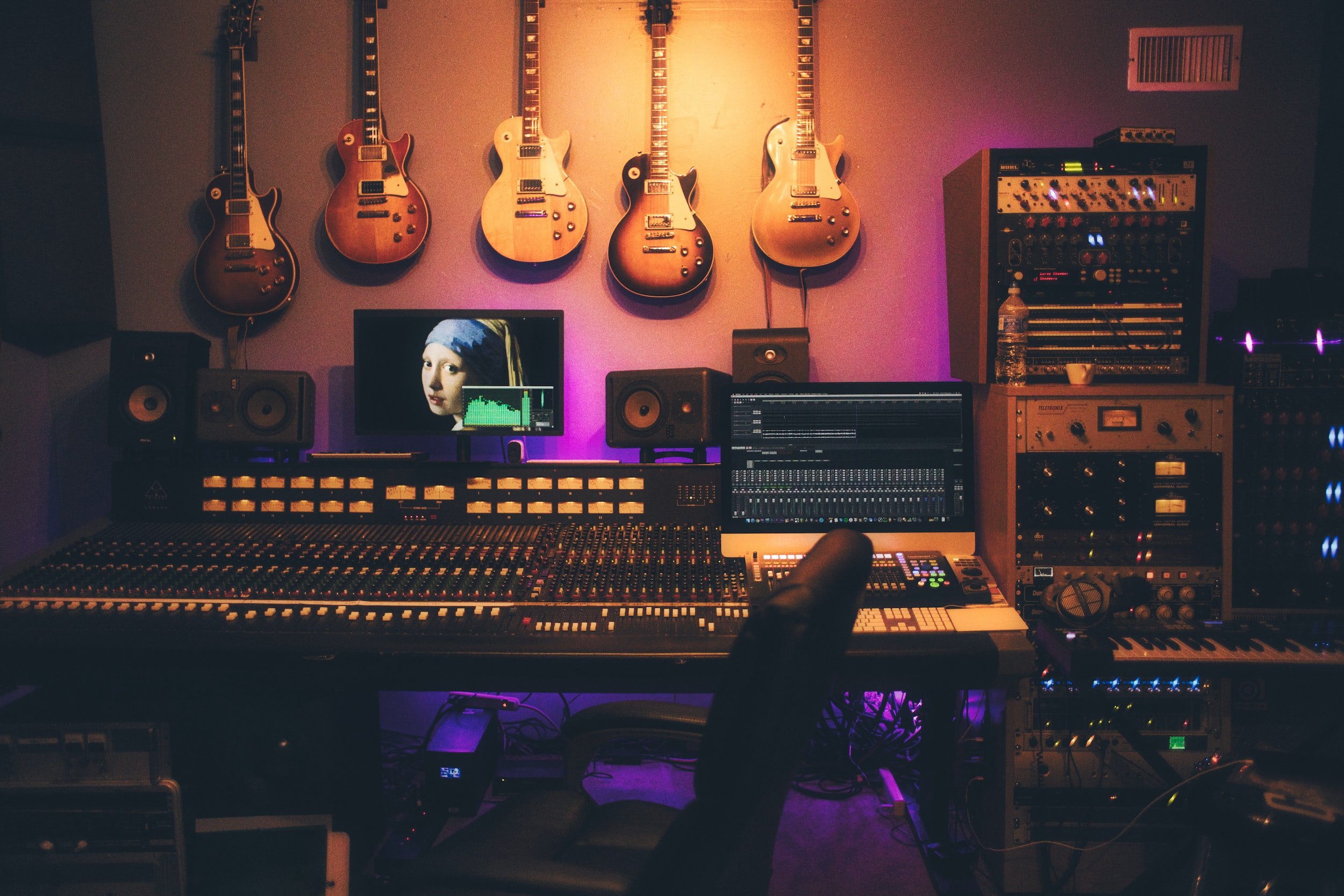Great news for all authors, Spotify is now carrying audiobooks! This means you will be able to easily reach an entire new audience of listeners. Spotify has over 400 million active users and keeps growing, this is an amazing opportunity for your audiobook to be discovered.
We help a lot of our clients get on Audible going through the ACX, as that has been the standard market place for Audiobooks and continues to be so. However it is advisable to be in as many places as possible to meet listeners where they are at.
Wether you already have an audiobook on audible (with a non-exclusive deal), or you are an author that is in the process of wanting to create an audiobook, this step by step guide will make it simple for you to get on Spotify!
If you are an independent/self-published author, the easiest way to get on Spotify is using Findaway Voices.
What is FINDAWAY VOICES?
Findaway Voices is the world's largest audiobook distributor. They give you access to the entire listening world through retail and library partners ranging from major global brands to fresh new startups. The company is now owned by Spotify, to grow in the audiobook space.
How to Upload Your Audiobook on Spotify
In order to upload your audiobook on Spotify you will need to sign up for an account with Findaway Voices here. Then you'll need to provide some basic information about yourself like your Name, Email, Password, etc... It will also show this:
Make sure to select Author if you already have an audiobook and you just want to use their distribution platform. If you are an author and don’t have an audiobook yet, you can narrate it yourself using our innovative audiobook production services, or we can handle the entire process with one of our narrators. We’ve worked with top publishers like Penguin Random House, Scribe Media, and Amazon.
Once you've signed up, you'll be taken to the dashboard. Click on the "Upload" button to begin the process.
Findaway Voices will ask you to provide some information about your audiobook, including the title, author, and narrator.
Next, you'll need to upload your audiobook files. Findaway Voices accepts a variety of formats, including MP3, WAV, and FLAC. You can either upload the files directly or use an FTP client to transfer them.
After your files have been uploaded, you'll need to review the metadata for your audiobook. This includes things like the cover image, the description, and the pricing.
Once you're satisfied with the metadata, you can choose which distribution channels you want to use. Make sure to select Spotify as one of your distribution channels.
Findaway Voices will then distribute your audiobook to Spotify, as well as other platforms like Audible, Apple Books, and Google Play.
After your audiobook has been distributed, you'll be able to track its sales and earnings through the Findaway Voices dashboard.
Conclusion
I hope this guide was helpful! Remember that in order to upload your audiobook to Spotify you will have to have a non-exclusive deal with Amazon (ACX). There is pros and cons, because if your audiobook is exclusive with amazon you will be on Audible, Amazon, and iTunes, and get to keep much higher royalties, however they set the price of your audiobook and you can’t sell it anywhere else. That’s a decision you will have to decide, let me know what you end up going with in the comments below!
-
If you need help turning your book into an audiobook, we offer remote audiobook production and editing services that will help you reach a wider audience and increase your book sales.
Listen to some of our audiobook samples here to get started.











